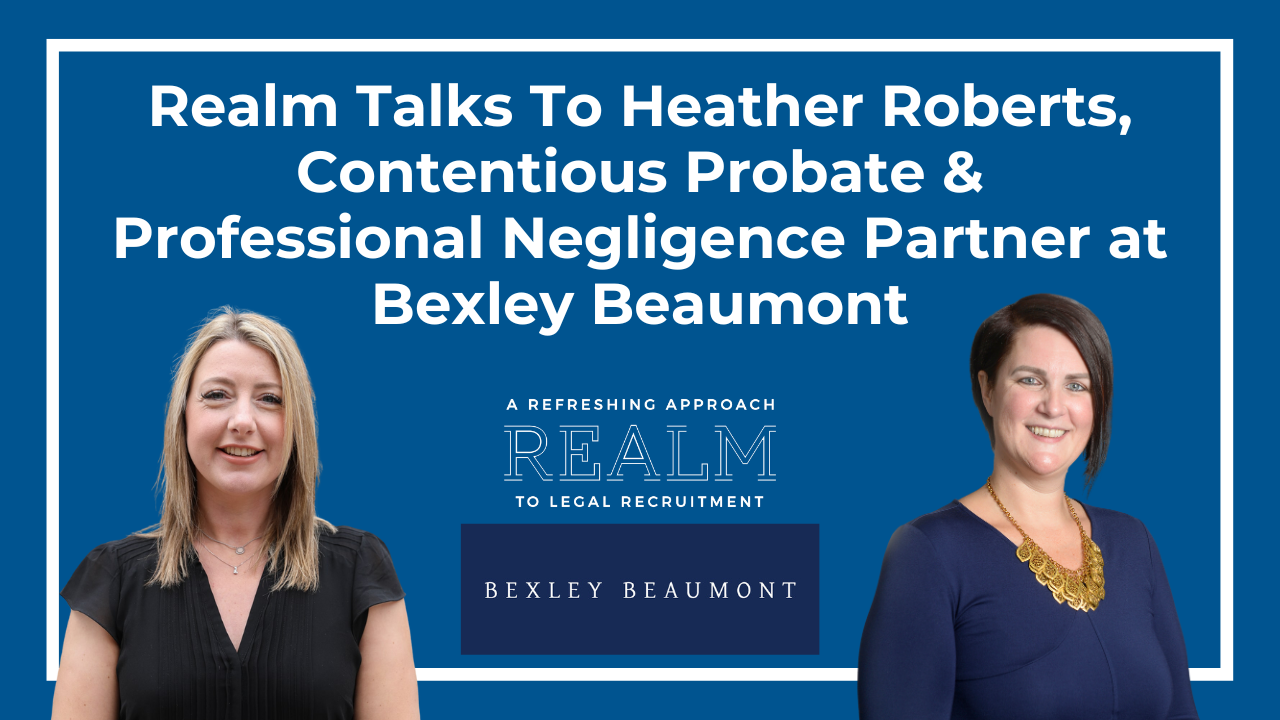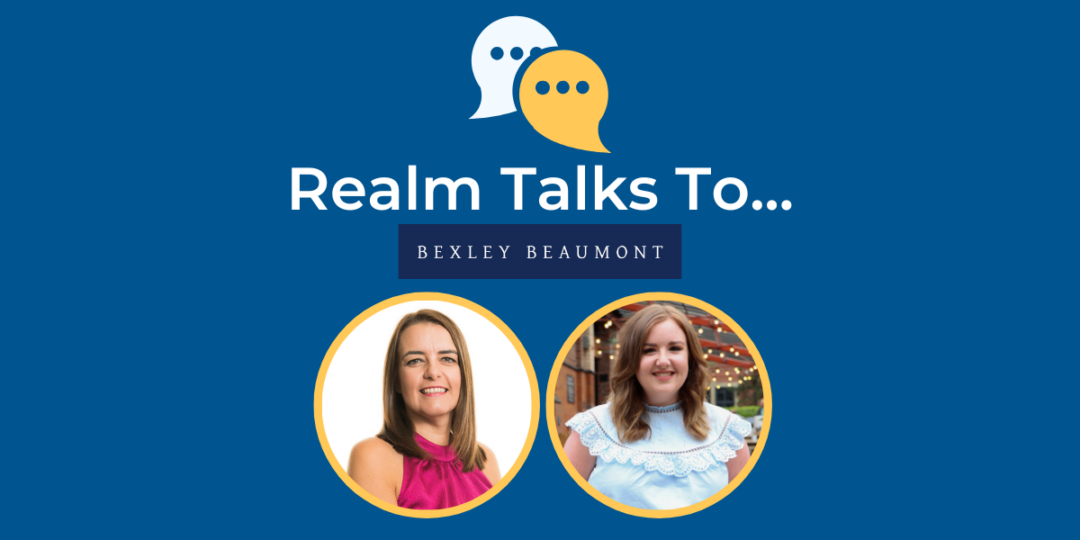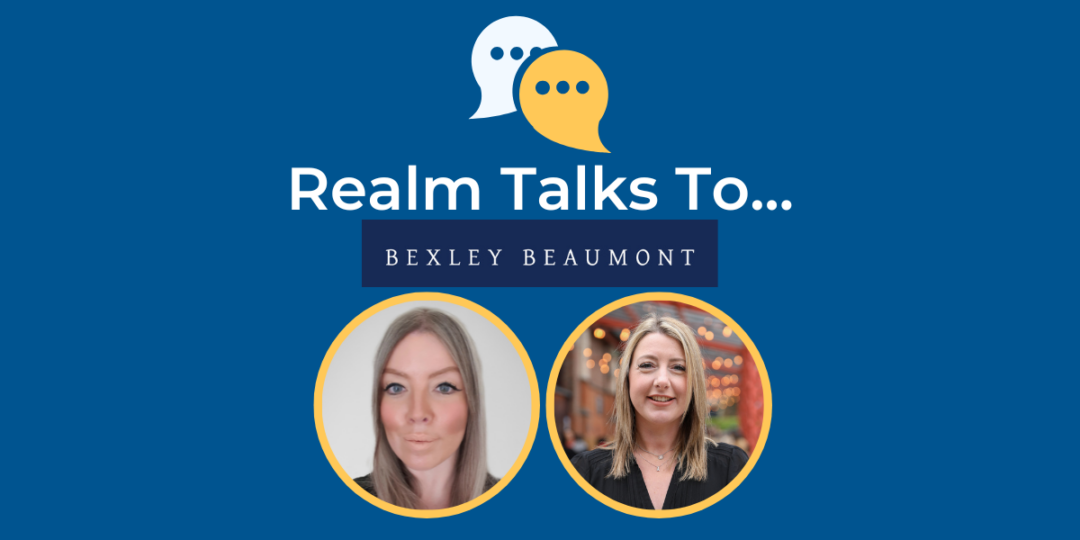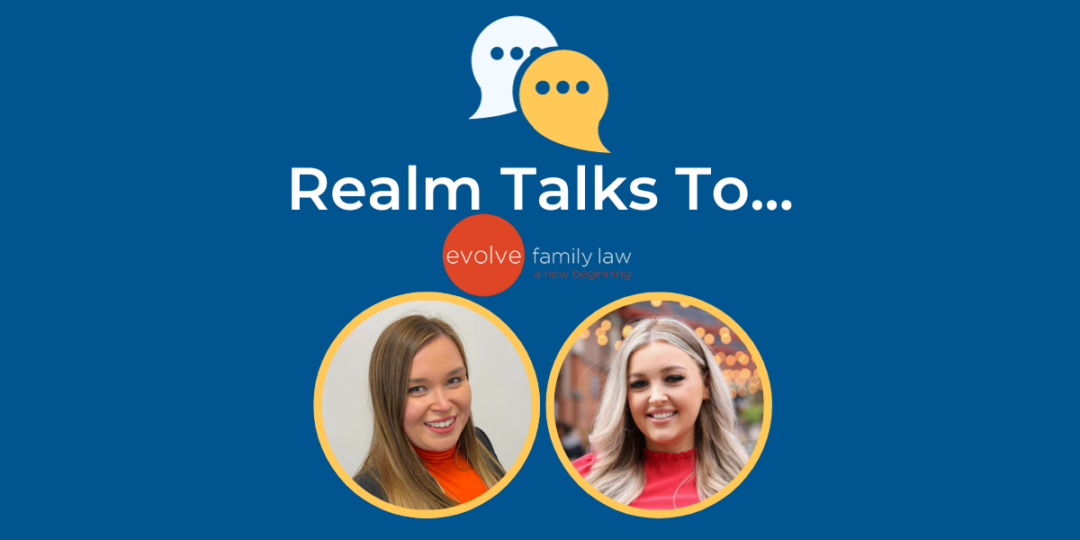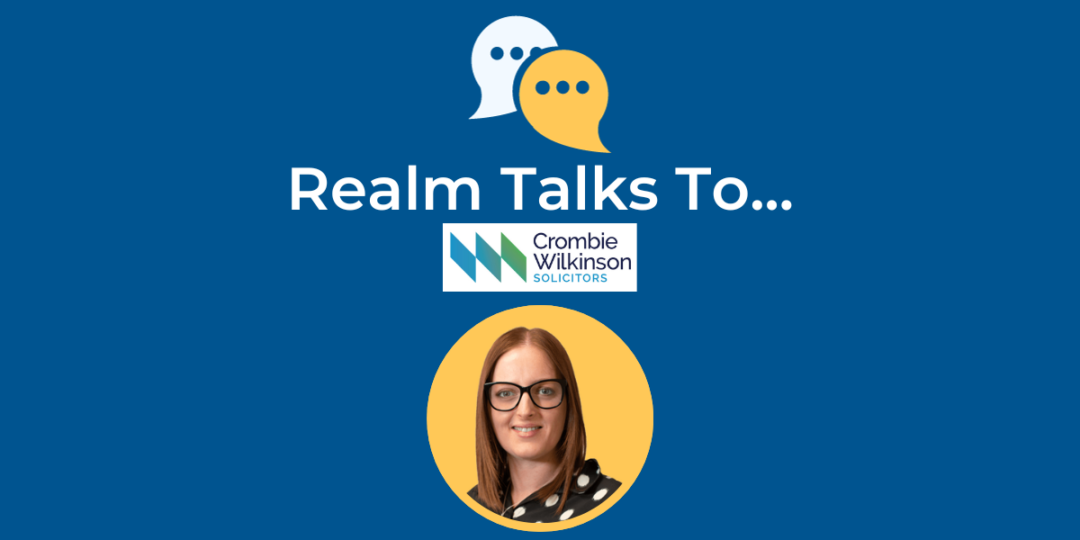KR: You joined Bexley Beaumont as a partner last year from a national full-service firm. What was it that appealed to you about Bexley Beaumont and how does working at a legal boutique compare to working at a much larger outfit?
HR: I think what appealed to me initially was the ability or the idea that I would be able to take control of my own career and my clients and model it very much the way that I wanted to work. There was no prescribed way of working, no hierarchy or red tape like that you often get at the larger firms. There’s none of that sort of requirement that just meant you’ve just got more freedom and flexibility. You know you’re encouraged to run your own caseload and manage your clients how you want to. You’ve got the freedom to spend more quality time giving your clients that personal touch from the partner who’s running their case instead of being passed through different paralegals and junior solicitors and passed around from pillar to post. From day one, clients get me, they get my mobile number, they know they can speak to me whenever they want to and they’ve got the ability to do that. And that wasn’t something you could do in a larger practice, usually because of the volume of what you were dealing with.
I think that the firm is also very it’s different to some of the other fee share models. There’s still this team culture, this working collaboratively amongst the partners that we have, we really support each other. It’s not an “every man for themselves” kind of place, everyone is really supportive. Everyone will drop hands and help and discuss things and advise each other and help and there is that support there still. So you don’t feel like you’re just left out alone and you’re doing it all yourself. You have still got that team culture and that’s something that was a big draw for me and what made a big difference compared to some of the other models similar to this one that are around.
The freedom and flexibility to work where and when I want and how I want to was another big thing for me. I’ve got a young child at home so be able to do the school runs with her still either side of work and go to sports day and do all these little things that I don’t have to want to go and approve it with someone. I’ve got the ability to make that decision. As long as I’m managing my clients and they’re happy and their needs are being met, I can do all of these things now and you know, be the great mum and the great lawyer at the same time, which is the dream.
KR: It sounds ideal, like the best of both worlds.
At Bexley Beaumont, you have autonomy over how and where you work. How does this help you deliver an excellent service for your clients?
HR: As I touched on before, clients have instant access to me now they didn’t when I was at previous firms. So to be able to just get hold of me on my mobile, e-mail, Teams calls, whatever that may be, now that I have fewer clients than I did previously. Because you have more time to spend with them instead of having to delegate work to other people because you’re so busy doing other things in a firm. All the other sort of management roles and supervision roles and things like that that you used to have to do that would take you know four or five hours out of your day sometimes, I don’t have to do any of that.
I can spend that time with clients. I work fewer hours now than I did before, a lot fewer and yet feel like I’m giving a much better service to clients and have that work-life balance as well. So it works really well.
KR: It sounds perfect. Why did you decide that contentious probate and professional negligence were the practice areas for you?
HR: This was something I decided, while on my training contract over 18 years ago now. I just love the individual nature of each case. I was never the lawyer who wanted to do conveyancing and or something that was really transactional and samey, I would have got bored of that very, very quickly (fair play to those that do it!) I like the interesting aspects of each case. I always call it the Jeremy Kyle aspect (it used to be the Trisha aspect back in the day which shows how old I am!) It’s that aspect of each case, there’s always some family drama or a DNA test or something really interesting that comes up.
No two cases are the same, everything’s different and I never stopped learning, even now I have new scenarios and new legal strange situations that require me to go and do some research or learn something. I like that I’m still learning and being tested and coming up with good ways to try and resolve things for people. It’s also a very complex area of law and it’s an area that people do need help with because it’s so there are so many areas of law that come into it and the pitfalls for people who don’t have representation can sometimes be quite difficult and it’s hard for lay people who aren’t experienced to navigate through it. So I like that aspect of being able to help people through it.
KR: It’s certainly an area that’s attracting a lot of attention in the papers a lot, isn’t it? I can see why it’s an interesting area to get into.
HR: Yes, the Daily Mail love a contentious probate case!
KR: What advice would you give to an aspiring contentious probate lawyer?
HR: That’s a hard one. I think learn from your seniors, learn from the people you’re working with, training with, and try to, if you can, work with people who are experienced in this area. I think there are a lot of lawyers who sort of dabble in contentious probate and do bits and pieces. But there are some great lawyers out there who have specialised in this area and this is all they’ve ever done; you can tell the difference, there’s so much to learn from them. Throw yourself into it, get involved in the cases and you know, be prepared to do that legwork and that and that training and build your expertise.
KR: I’m sure that will be really helpful for a lot of people. What’s been the proudest moment of your career so far?
HR: I always go back to this case and it’s quite a few years ago now. It involved a young man with Downs syndrome, he was in his 30s but had a mental age of around 10 years old. He was a really lovely guy and he was bringing a claim against his stepdad’s estate and we ended up getting a really good settlement for him. The settlement has to be approved by the court because he would didn’t have capacity and afterwards, he gave me the biggest hug, which honestly nearly made me burst into tears in court and still makes me tear up to this day. It was a moment that I still think back to you now.
That’s why I love doing this job in this particular area of the law because people like him can’t help themselves and yeah he helped through this process and you know to put right a wrong where he’s not got something he should have got that he needs to support himself, that’s probably still my proudest moment.
KR: I’m not surprised though, it’s the reward isn’t it of making a massive difference for somebody. Like you said, when you’re personable and you want to help people that’s kind of what the aim is isn’t it is.
HR: It is and I think it’s similar for family lawyers; 50% of the job is just being a therapist to your client, that shoulder to cry on that you know, the voice of reason. Being that someone who’s helping them through what’s a pretty horrific time in their life usually and trying to help them through that moment. I quite like that side of it as well.
KR: Is there anything else you’d like to achieve in your career?
HR: Not really. I think, just being able to continue to work on interesting, complex cases, delivering the best service I can for my clients and getting those moments where you get the hug at Court, to keep doing that is what I’m happy doing. And earning enough to get my own horse in a few years hopefully! I love doing this job and I think this way of working now for me is is something that I can only see now working the way I do in the model that we do at Bexley Beaumont. I wouldn’t change it for a minute.
